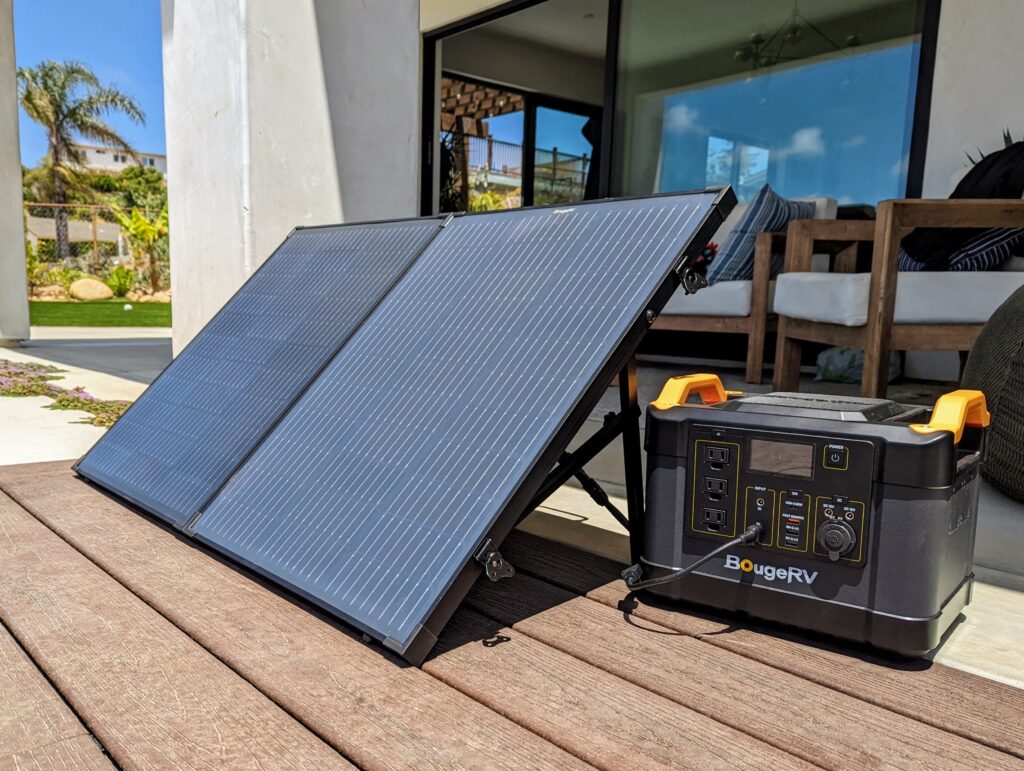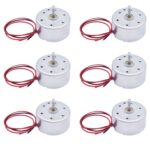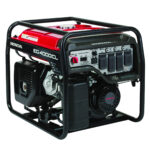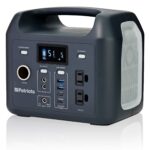A solar generator is a great way to power your refrigerator and unlock the many benefits of renewable energy. Solar generators are clean, efficient sources of power that require minimal maintenance, and they can help reduce your energy bills. With a solar generator, you can keep your refrigerator running without relying on the grid, while also reducing your carbon footprint. With the right setup and maintenance, you can enjoy the reliable, renewable energy of a solar generator to power your refrigerator and make your life more sustainable.
Types of Solar Generators
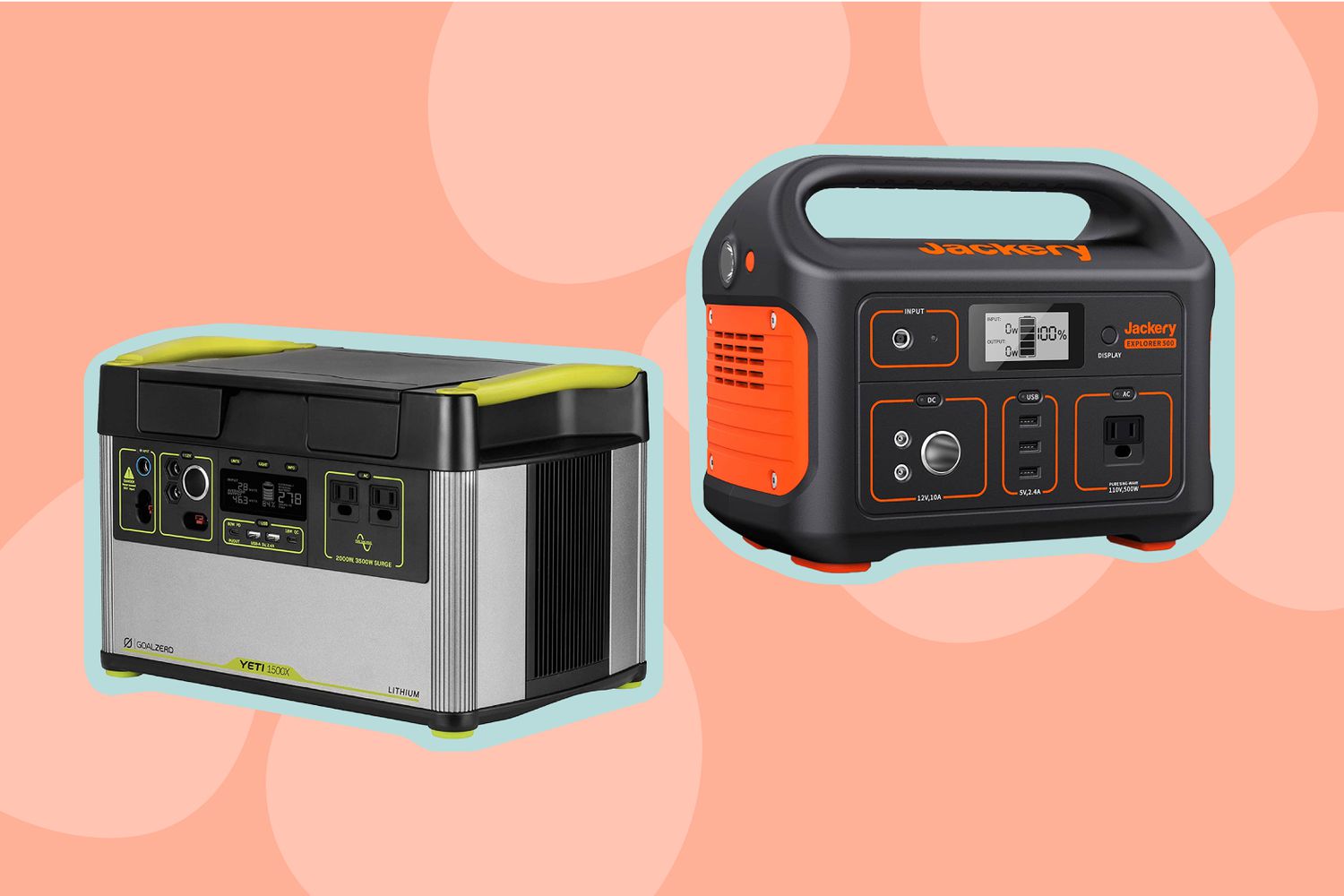
Portable Solar Generators
Portable solar generators are compact and lightweight, making them easy to move from one location to another. They often come with built-in inverters and can be connected to a variety of appliances, including refrigerators. These generators are ideal for those who need power in remote areas or for short-term use.
Home Solar Generators
Home solar generators are larger and heavier than their portable counterparts, but they are also capable of providing more power. These generators are typically connected to a battery bank, and they can provide power for multiple appliances, including refrigerators. Home solar generators are ideal for those who need more reliable and longer-term power supply.
Advantages of Solar Generator to Run Refrigerator
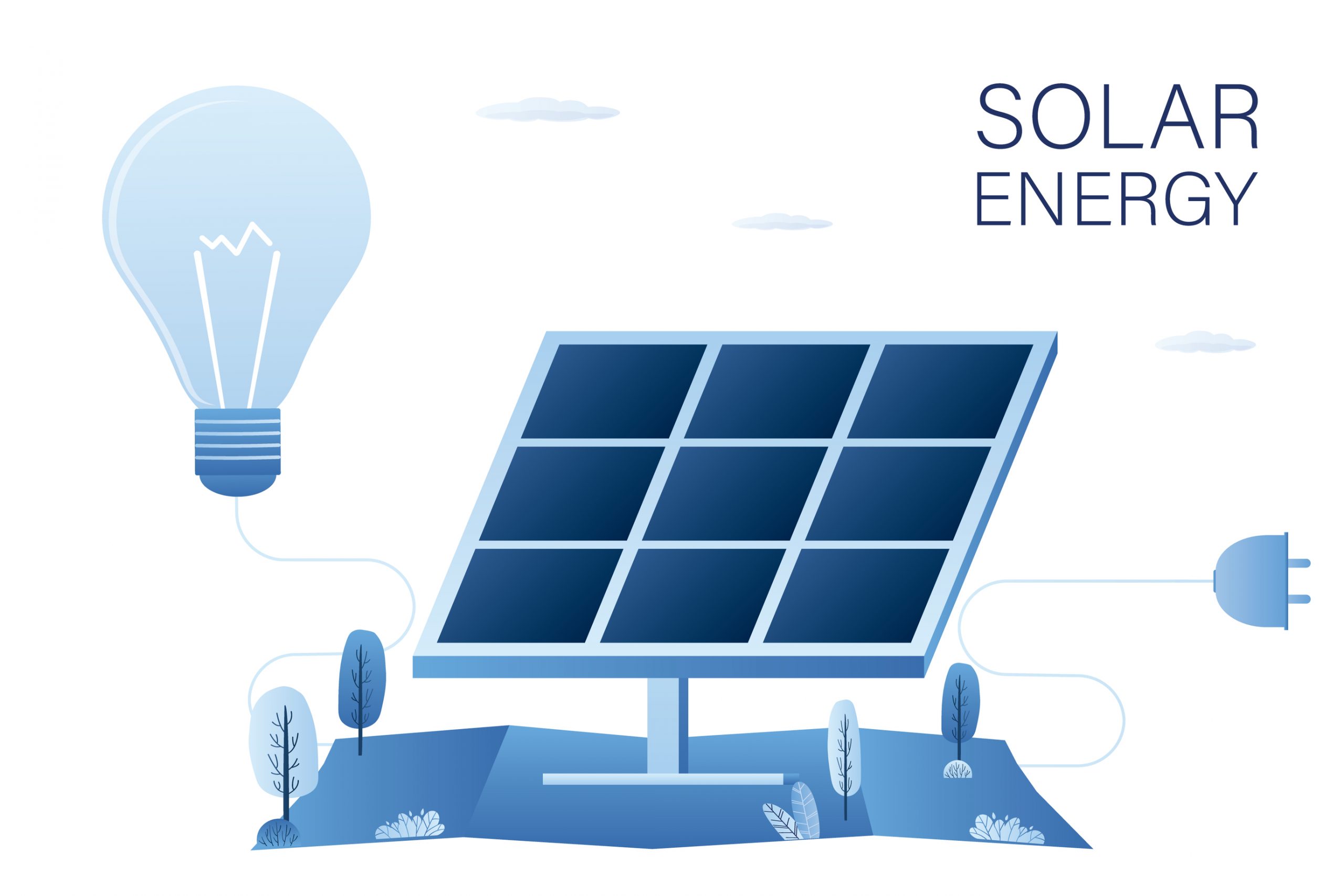
| Advantage | Description |
|---|---|
| Eco-Friendly | Using a solar generator to power a refrigerator is environmentally friendly since it can produce energy without the burning of fossil fuels or other emissions. |
| Cost Saving | Solar energy is free, so using a solar generator to power a refrigerator can save you money in the long run. |
| Reliable & Durable | Solar generators can last for years and are very reliable, making them a great option for powering a refrigerator. |
| Portable | Solar generators are small and lightweight, making them easy to transport and store. |
| Low Maintenance | Solar generators require minimal maintenance and are easy to use. |
How to Choose a Solar Generator to Run Refrigerator
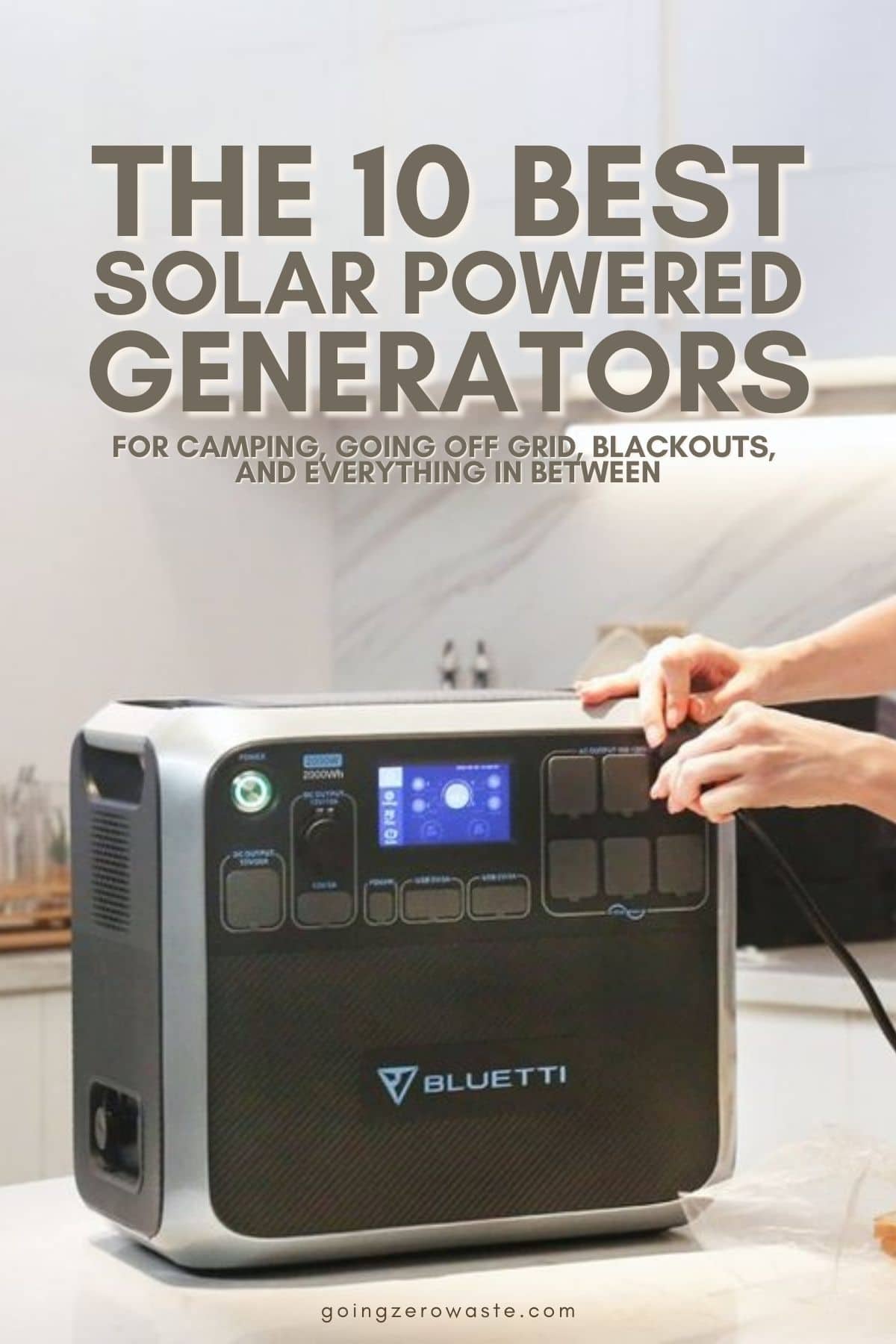
Size of Solar Generator
When choosing a solar generator to run a refrigerator, it is important to consider the size of the generator. You will need to make sure that the output of the generator is enough to power the refrigerator. Typically, a refrigerator requires a generator with a minimum output of 2000 watts.
Solar Panel Configuration
The solar panel configuration of the generator is also important. You will need to make sure that the generator has enough solar panels to generate enough power for the refrigerator. A typical solar generator requires at least two solar panels for optimal performance.
Battery Capacity
The battery capacity of the generator is also important. You will need to make sure that the battery has enough capacity to store the energy generated by the solar panels. A typical solar generator requires a minimum battery capacity of 1000 watt-hours to power a refrigerator.
Price
Finally, you will need to consider the price of the generator. Solar generators can be very expensive, so it is important to make sure that you get the best value for your money. You should compare prices of different models to make sure you are getting the best deal.
Recommended Solar Generators to Run Refrigerator
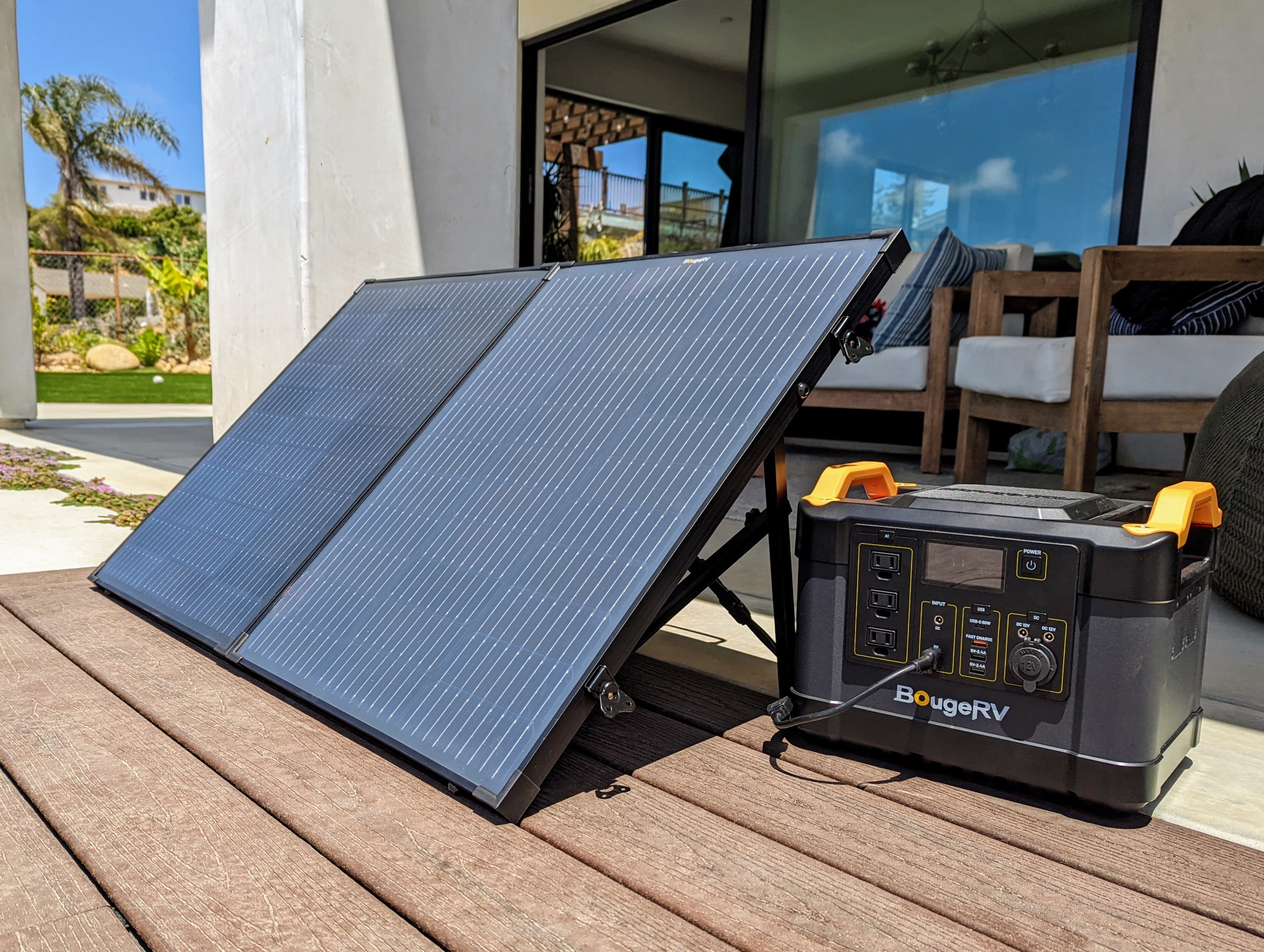
| Generator | Power Output | Price |
|---|---|---|
| Rockpals 300W | 300W | $199 |
| Jackery Explorer 500 | 500W | $449 |
| Goal Zero Yeti 1000 | 1000W | $1,049 |
| Goal Zero Yeti 1400 | 1400W | $1,299 |
| AIMTOM SPS-155-01 | 1600W | $1,499 |
Running a refrigerator from a solar generator is possible with the right setup. Depending on the size of your refrigerator and the number of other appliances you plan to power, you’ll need a generator with the right amount of power output. Here are some of the best solar generators you can use to power your refrigerator.
The Rockpals 300W is a great option for smaller refrigerators or if you only plan to power a few other appliances. It has a power output of 300W and is very affordable at only $199.
The Jackery Explorer 500 is a great option if you need a bit more power output. It has a power output of 500W and is priced at $449.
The Goal Zero Yeti 1000 and Goal Zero Yeti 1400 are both excellent solar generators for running a refrigerator. The Yeti 1000 has a power output of 1000W and the Yeti 1400 has a power output of 1400W. Both are priced at $1,049 and $1,299 respectively.
Finally, the AIMTOM SPS-155-01 is a great option if you need a lot of power output. It has a power output of 1600W and is priced at $1,499.
Installation and Maintenance of Solar Generator to Run Refrigerator
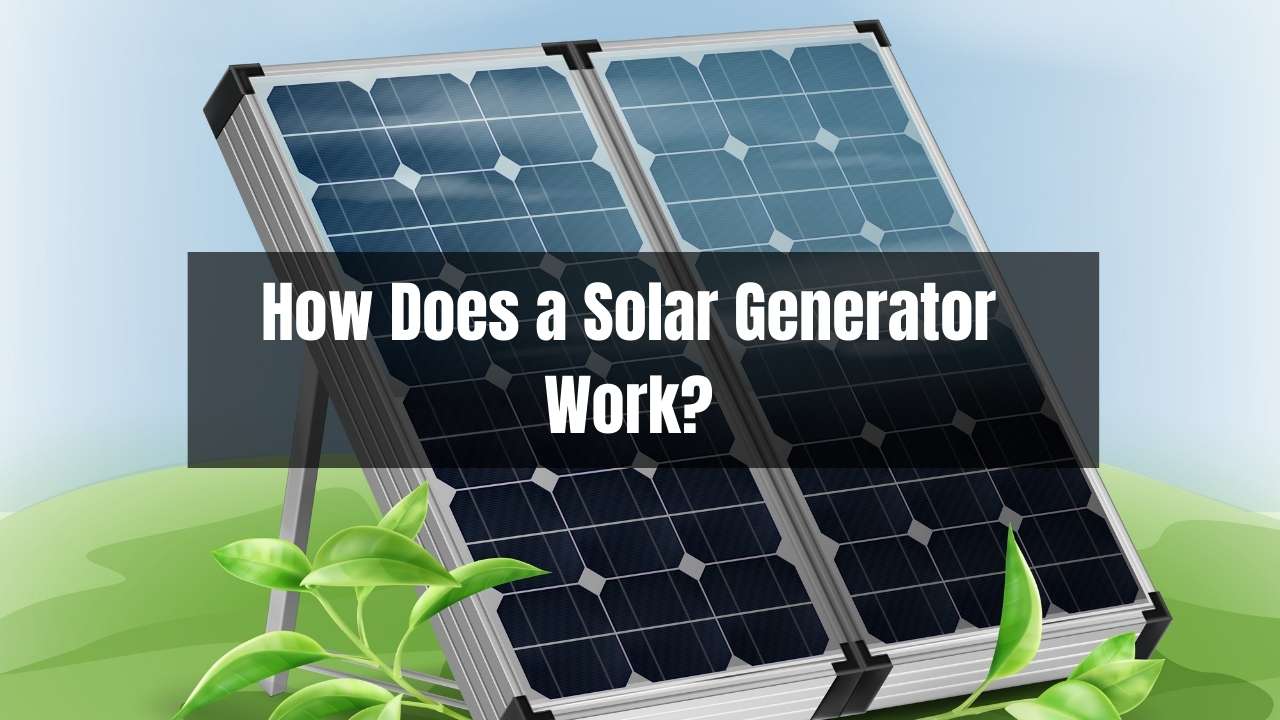
| Steps | Details |
|---|---|
| Step 1 | Locate a suitable location for the solar generator. This location should receive an adequate amount of direct sunlight throughout the day. Make sure the location is free from obstructions and shadows. |
| Step 2 | Install the solar generator. This involves connecting the solar panels to the generator, connecting the battery to the generator, and connecting the generator to the refrigerator. All connections should be properly insulated. |
| Step 3 | Ensure that the solar generator is securely mounted to the ground. Use screws and bolts to ensure that the generator is firmly secured to the ground. |
| Step 4 | Monitor the solar generator regularly. Check the electrical connections for any loose connections or damage. Make sure that the solar panels are clean and not blocked by any obstructions. |
| Step 5 | Maintain the battery regularly. Make sure the battery is fully charged, and replace it if necessary. Make sure to clean the connections periodically to ensure that the current is flowing properly. |
Regular maintenance of the solar generator is essential for efficient operation. Check the solar panels, batteries, and connections to make sure that they are all in good condition. If there are any repairs or replacements needed, make sure to take care of them as soon as possible.
Safety Precautions for Solar Generator to Run Refrigerator
| Safety Precautions | Description |
|---|---|
| Keep Away from Water | Keep the solar generator away from water to avoid any electrical hazards. |
| Don’t Overload | Do not overload the solar generator as it can lead to overheating and eventually cause a fire hazard. |
| Keep Away from Heat Sources | Keep the solar generator away from heat sources such as stoves, heaters, and radiators. |
| Use Approved Cables | Only use approved cables to connect the solar generator to the refrigerator. |
| Check Before Use | Before use, check the solar generator for any visible signs of damage, such as fraying of the cables or loose connections. |
| Check for Proper Ventilation | Ensure that the solar generator has adequate ventilation to prevent overheating. |
| Securely Mount the Generator | Securely mount the solar generator to the wall or floor to prevent it from tipping over. |
Solar generators are an effective way to power a refrigerator, but it is important to follow certain safety precautions to ensure that the equipment is used correctly and safely. Always keep the solar generator away from water, heat sources, and ensure that it is securely mounted. Additionally, it is important to check the solar generator for any damage or loose connections before use. Finally, make sure that the solar generator has adequate ventilation to prevent overheating. Following these safety precautions will ensure that the solar generator is used safely and effectively.
Common Problems with Solar Generator to Run Refrigerator
Solar generators are a great way to run a refrigerator, but they can present a few problems that need to be addressed. The most common problem is the amount of power needed to run the refrigerator. A solar generator may not be able to produce enough power to run a large refrigerator, and it may need additional batteries or a larger solar array. Another problem is the lack of proper ventilation. Solar generators can produce a lot of heat, and if they are not properly ventilated, they can overheat and become inefficient. Finally, solar generators require regular maintenance to ensure they are operating at peak performance. This includes cleaning the solar panels and checking the connections and wiring.
Frequently Asked Questions
What are the benefits of using a solar generator to power my refrigerator?
A solar generator provides a cost-effective, sustainable and reliable means of powering a refrigerator. It is also a great way to reduce energy bills and carbon emissions. Additionally, solar-powered refrigerators require minimal maintenance and are more efficient than traditional energy sources. They are also great for emergency situations, providing an independent and reliable power source. Furthermore, solar-powered refrigerators are very quiet and generate little to no noise.
What size solar generator do I need to run my refrigerator and freezer?
The size of the solar generator needed to power a refrigerator and freezer depends on the combined wattage of the appliances. Generally, the total wattage of the two should not exceed 1,500 watts. To ensure that the solar generator is sufficiently powered, it should be rated at least 1,000 watts. For larger refrigerators and freezers, a higher wattage solar generator is recommended. Additionally, it is important to factor in the wattage of other electronics that may be powered by the solar generator.
How long will a solar generator last when powering my refrigerator?
A solar generator that is properly sized and maintained can last for many years when powering a refrigerator. The key to a long lifespan is to ensure that the generator is big enough to meet the power needs of the refrigerator and that the battery bank is kept charged. Solar generators should also be checked regularly to make sure there are no loose connections or other problems that could affect the performance of the system.
Is it cost-effective to use a solar generator to power my refrigerator?
A solar generator is a renewable energy solution to powering your refrigerator. With no fuel costs and minimal maintenance, it can be a cost-effective alternative to traditional electricity sources. Solar generators are typically more expensive than grid-powered electricity, but with rising energy costs, this can be offset by the long-term savings. Furthermore, tax incentives and other financial benefits may be available to help offset the costs. Ultimately, the cost and savings will depend on the size of the solar generator and the energy needs of the refrigerator.
How do I maximize the efficiency of a solar generator when powering my refrigerator?
When using a solar generator to power a refrigerator, it is important to make sure the solar generator is set up properly to maximize efficiency. The most important factor is to ensure the solar panels are well positioned to take full advantage of direct sunlight. Additionally, the solar generator should be well-ventilated and kept free from debris, dust, and debris to prevent overheating. Finally, it is important to check the size of the refrigerator compared to the amount of power the solar generator can provide. This will ensure that the refrigerator does not draw an excessive amount of power from the solar generator, which could lead to system failure.
Conclusion
Solar generators are an excellent way to power your refrigerator. They are affordable, sustainable, and efficient, making them a great option for those looking to reduce their electricity bills and minimize their carbon footprint. Solar generators are also a great way to ensure you have a reliable source of power in the event of an emergency. With the right setup, you can enjoy the many benefits of solar energy while keeping your fridge running.

